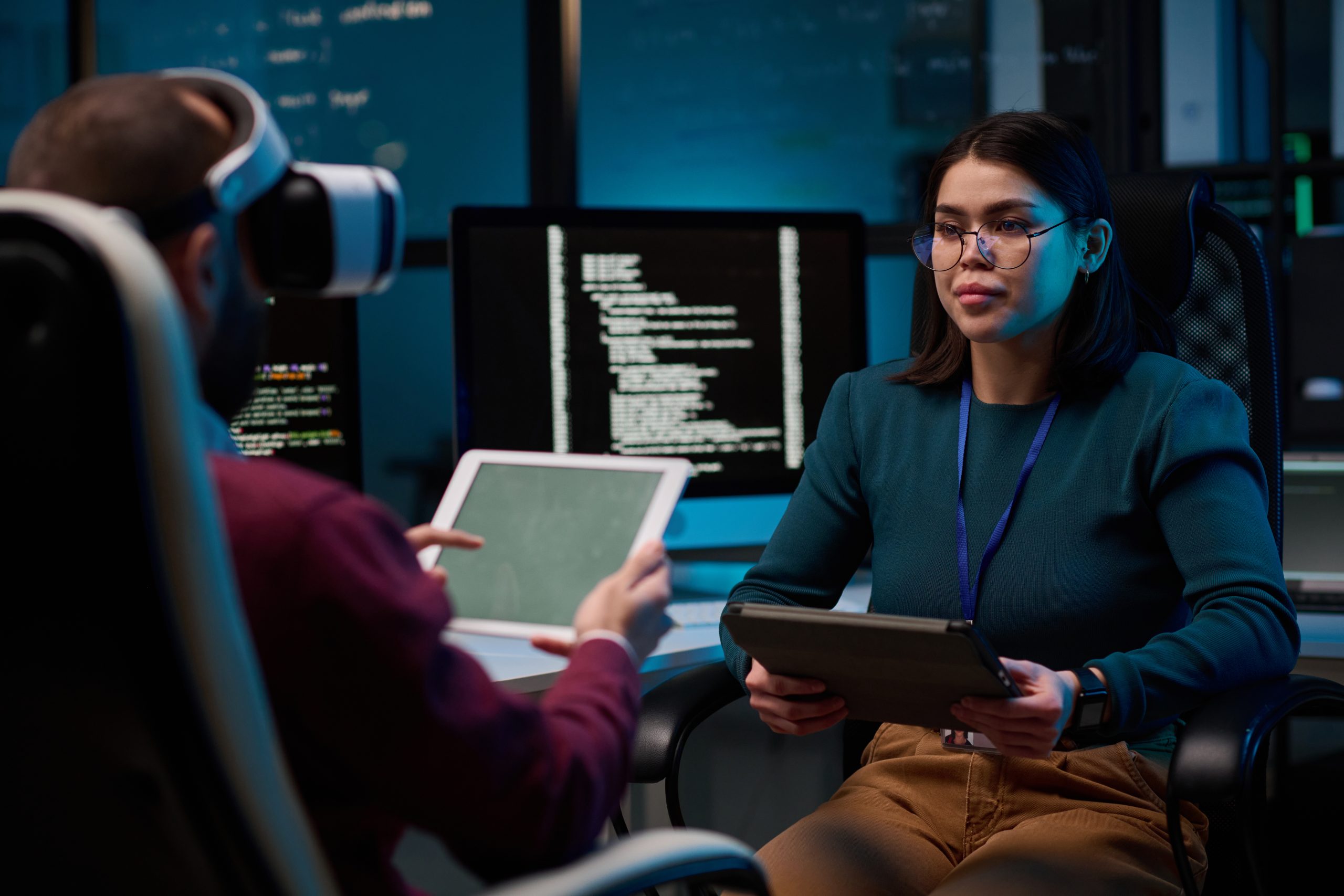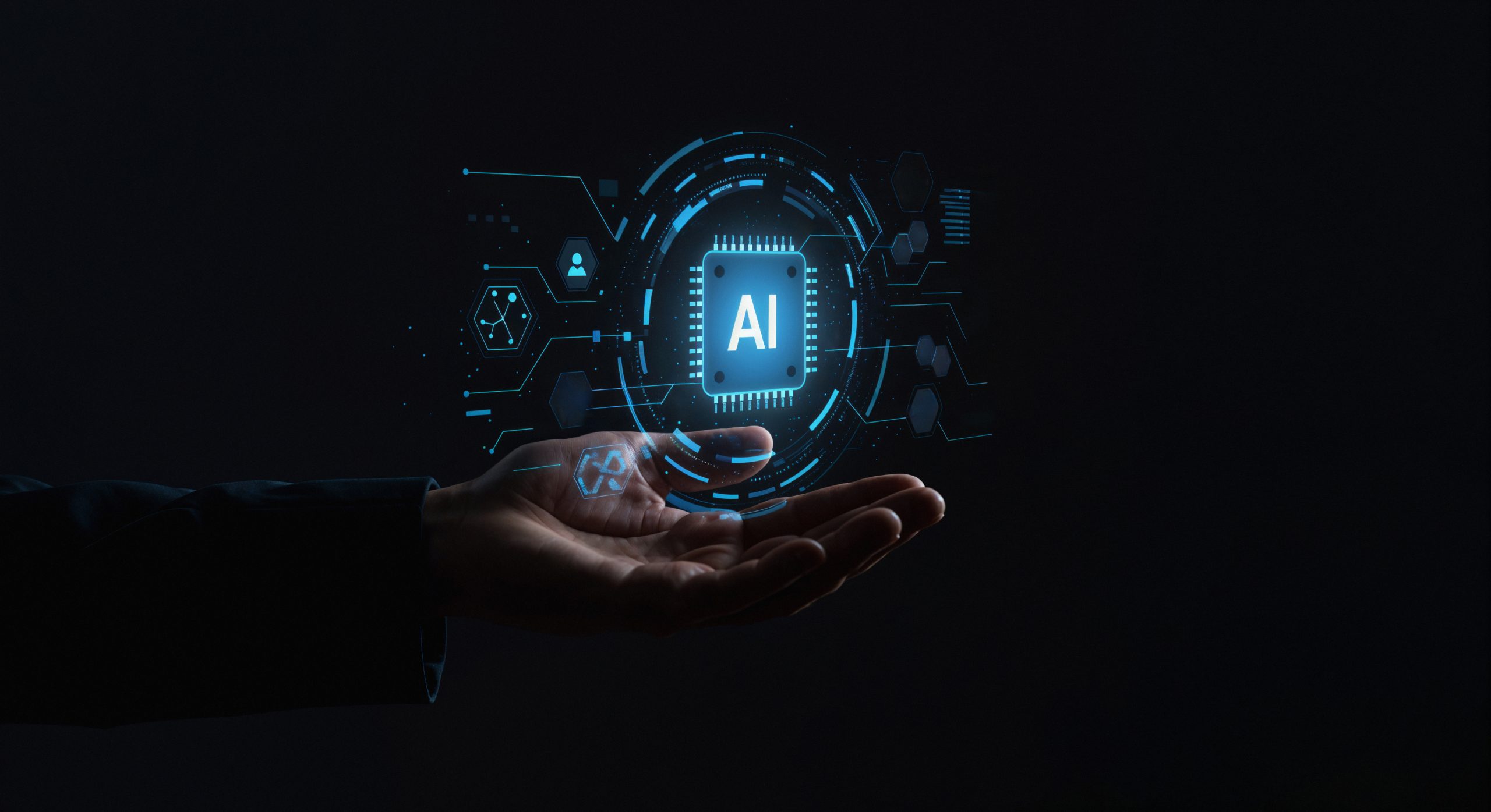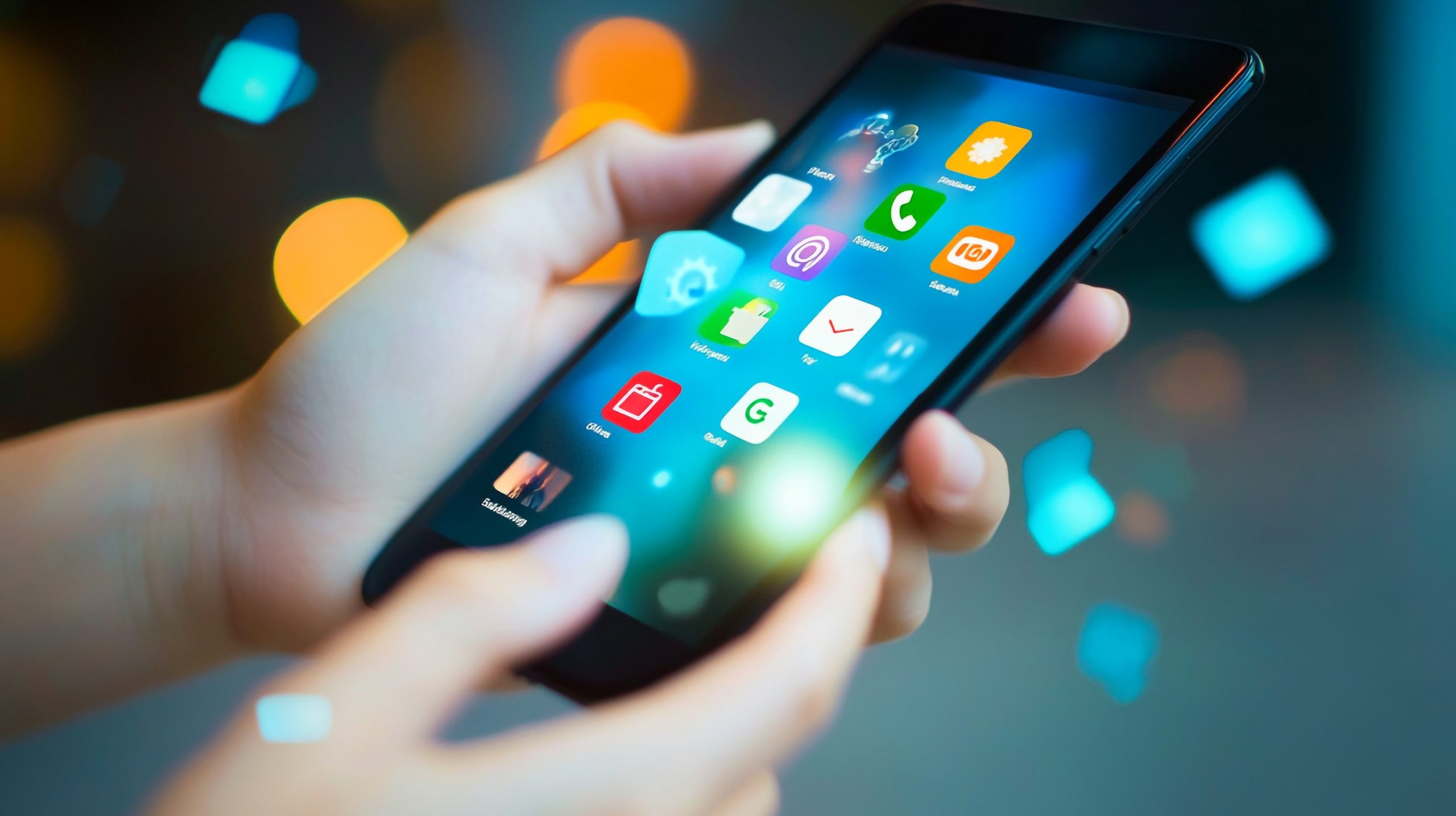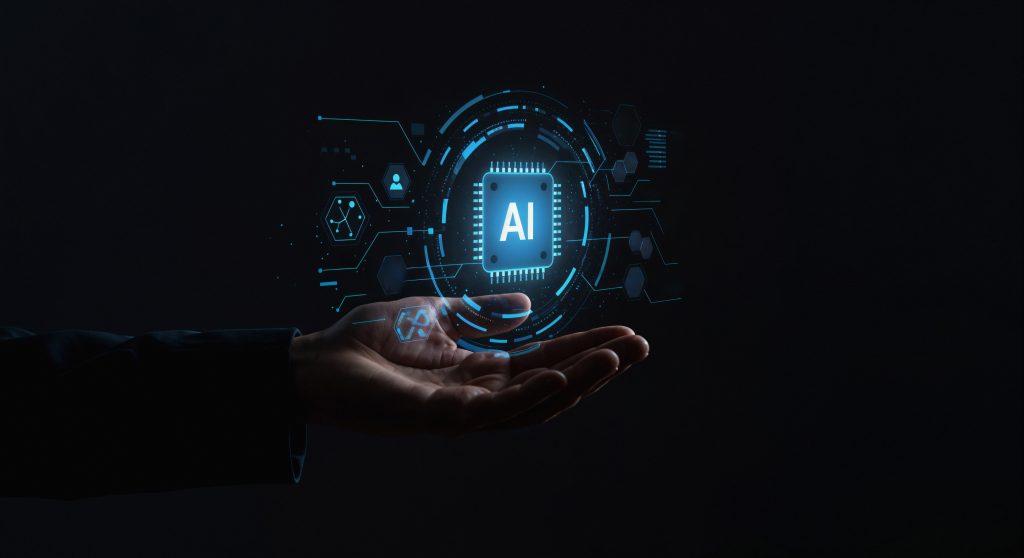For years, Google has dreamed of bridging the gap between smartphones and computers. Now, with the emergence of the Android PC, that dream is closer than ever. At Telugu Tech Android, we explore how Google’s latest move signals its second and strongest attempt to create a unified computing experience—one where your phone, tablet, and PC truly work as one.
Google’s Vision: One Platform for All Devices
The Android PC initiative represents Google’s renewed effort to merge mobile simplicity with desktop power. After years of experimenting with Chrome OS and Android integration, Google is now developing a hybrid ecosystem that brings Android apps, cloud services, and productivity tools directly to desktop-class hardware.
Imagine using your favorite Android apps—like Gmail, Drive, and YouTube Studio—on a full-sized screen with PC-level performance. That’s exactly the vision Google is building towards, and it’s one that Telugu Tech Android believes could redefine the personal computing landscape.
Why Google’s First Attempt Fell Short
Google’s earlier experiment, Chrome OS with Android app support, offered potential but lacked the deep integration users expected. The disconnect between mobile and desktop experiences meant productivity and app compatibility weren’t seamless.
This time, however, Google is focusing on native Android PC support—with optimized interfaces, AI-powered performance, and enhanced file management—to ensure users experience a true unified ecosystem.
What Makes the Android PC Different
The new Android PC project is not just about running mobile apps on a bigger screen. It’s about creating a consistent computing experience across devices.
Key features include:
- Cross-Device Continuity – Start a task on your Android phone and finish it on your PC without disruption.
- AI-Powered Optimization – Machine learning tools enhance battery life, multitasking, and system performance.
- Play Store Integration – Full access to Android apps optimized for large screens.
- Unified File System – Shared storage and cloud access across devices.
At Telugu Tech Android, we see this as the perfect blend of mobile flexibility and desktop productivity, powered by Android’s adaptability.
The Role of AI in the Unified Experience
Google is infusing its Android PC vision with AI-powered intelligence, ensuring the system learns user behavior and adapts automatically. From predictive multitasking to real-time performance tuning, AI will make Android PCs smarter and more intuitive.
AI will also play a key role in cross-platform collaboration—synchronizing apps, contacts, and preferences between Android devices and PCs, reducing friction between mobile and desktop workflows.
How This Impacts Android Users
For millions of Android users, this is a game changer. Instead of choosing between a laptop and a mobile device, users can now enjoy a hybrid system where all their data, apps, and workflows stay perfectly synced.
Developers, too, stand to benefit from this evolution. With unified tools and APIs, building apps that work seamlessly across devices will become simpler and more efficient.
This shift could make the Android PC the center of Google’s ecosystem—linking smartphones, Chromebooks, tablets, and even smart home devices.
Conclusion
The Android PC represents Google’s bold second attempt at achieving the long-standing dream of unified computing—a world where hardware differences disappear, and users experience the same intelligent, connected ecosystem across all devices.
At Telugu Tech Android, we believe this could be one of Google’s most transformative moves yet. If executed right, the Android PC could redefine the future of personal computing, bringing together the power of AI, the versatility of Android, and the connectivity of the cloud into one cohesive experience.










